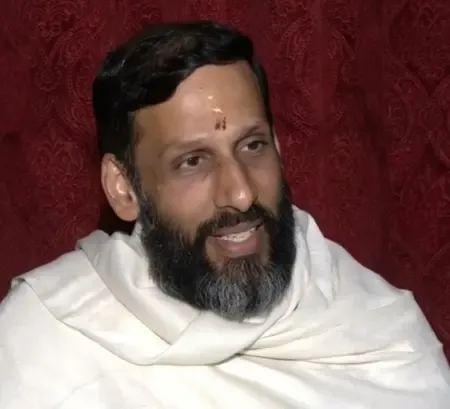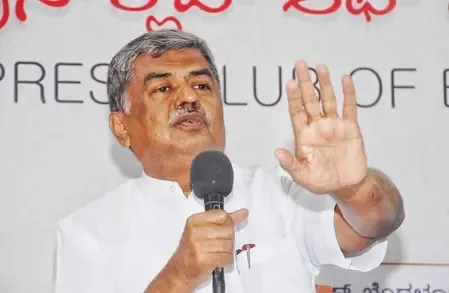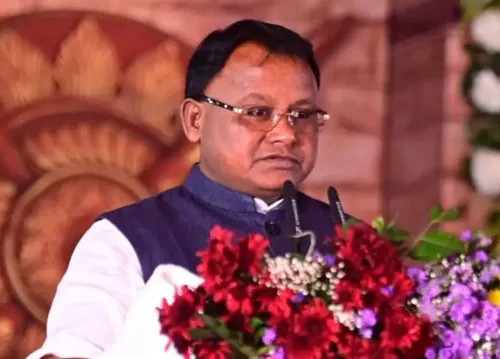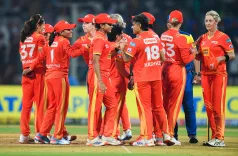How is India Strengthening the UN Peacebuilding Commission?
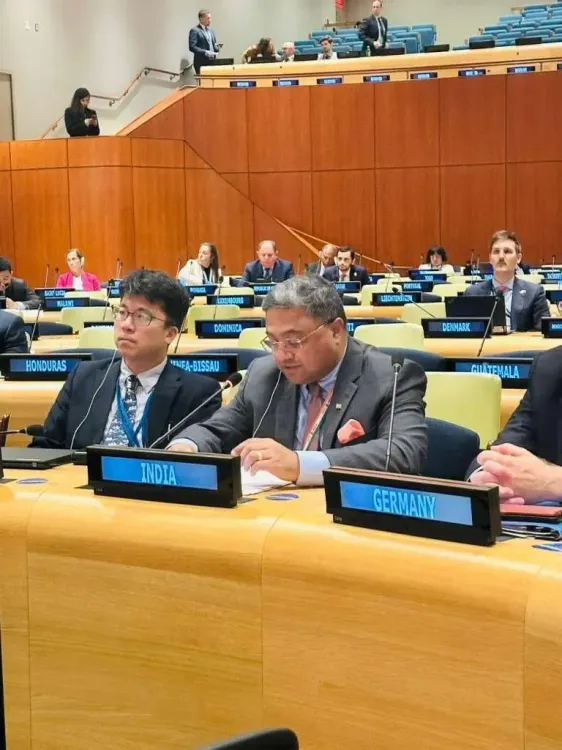
Synopsis
Key Takeaways
- India's commitment to the UN Peacebuilding Commission is significant.
- Development partnerships across the Global South are vital.
- Over $40 billion invested in development assistance.
- Challenges in peacebuilding include financial constraints.
- Technology plays a crucial role in enhancing governance.
New York, Sep 26 (NationPress) India has reiterated its strong dedication to enhancing the effectiveness and influence of the United Nations Peacebuilding Commission (PBC), highlighting its willingness to collaborate constructively with global partners to further international peace and development initiatives.
During the UN Peacebuilding Commission’s (PBC) Ministerial gathering in New York, the Secretary (West) of the Ministry of External Affairs (MEA), Sibi George, noted that India’s philosophy regarding peacekeeping and peacebuilding is influenced by the civilizational principle of “the world is one family.” This ethos manifests in India's fruitful efforts to promote peace, prosperity, and progress for everyone.
He further emphasized that India has consistently been a reliable ally in peacebuilding through demand-driven development partnerships across the Global South.
“Our development assistance projects, totaling over US$40 billion, include grants, concessional loans, institutional rebuilding, and fostering resilience in various countries,” George remarked.
“Currently, peacebuilding encounters significant challenges due to dwindling resources and escalating conflicts. Nations in turmoil require sufficient time, space, and support from the global community to cultivate resilient, transparent, accountable, and inclusive governance structures,” he continued.
George highlighted the importance of leveraging people-centric technological advancements to improve accountability, transparency, and efficiency in public service delivery, build trust among citizens, and encourage social cohesion and sustainable peace. He also stressed that peacebuilding must remain demand-driven and nationally owned.
Earlier this week, Sibi George represented India at the Commonwealth Foreign Affairs Ministers' Meeting (CFAMM) 2025, which was held alongside the United Nations General Assembly (UNGA) session.
In an update shared on X, the MEA wrote, “Secretary (West) Sibi George participated in the Commonwealth Foreign Affairs Ministers' Meeting (CFAMM) 2025, which took place during the 80th UN General Assembly session on September 22, 2025.”
“Sibi George discussed India’s commitment to the fundamental values and principles outlined in the Commonwealth Charter, as well as the need for reform within the Commonwealth to reflect contemporary realities more effectively,” the ministry added.
The meeting, chaired by Samoa's Deputy Prime Minister Toelupe Maoiautele Poumulinuku Onesemo, convened foreign ministers from across the Commonwealth at the United Nations Headquarters in New York for the 25th CFAMM.


